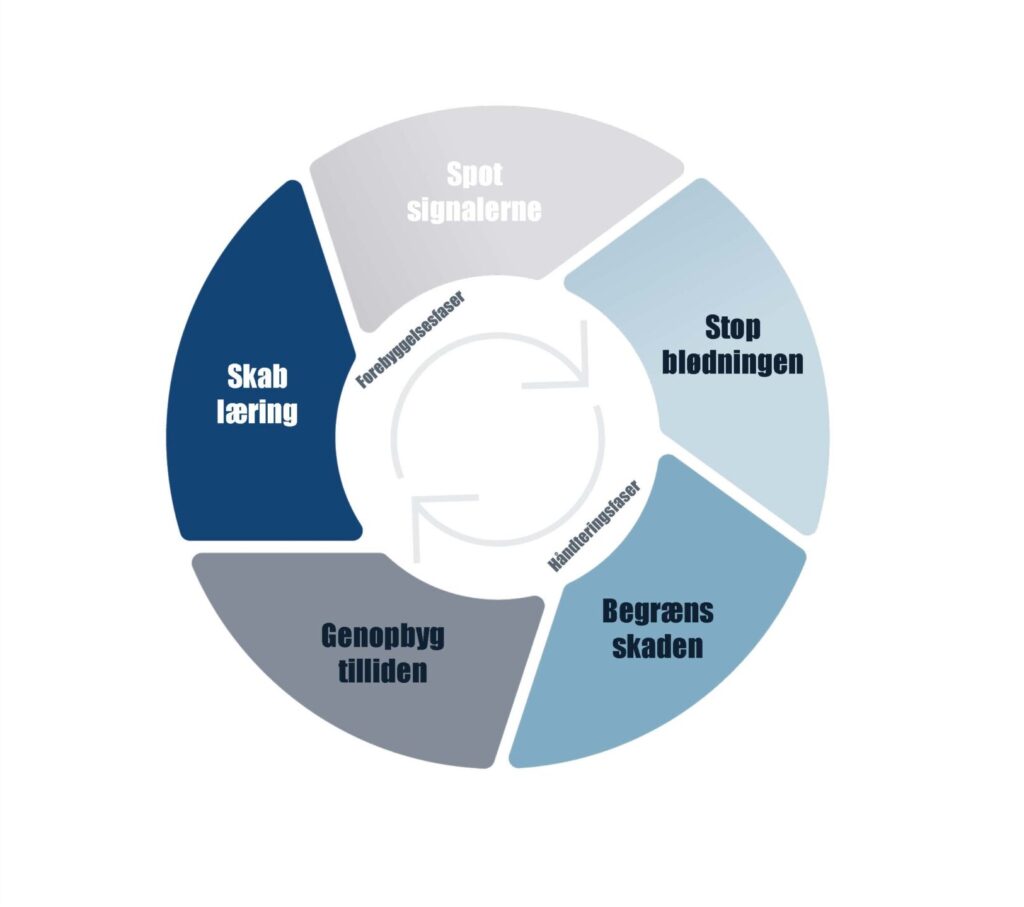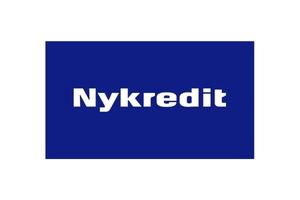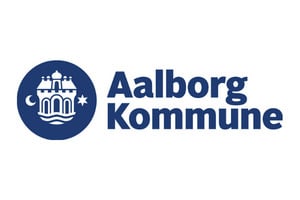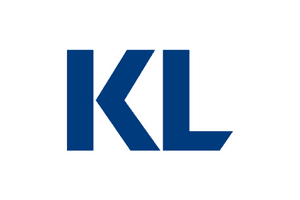Leadership in crisis and scandal
When it comes to managing crises and scandals, it makes the most sense to distinguish between crises that come from outside the organization and those that occur within the organization itself. The external ones are caused by circumstances that the individual organization rarely has any influence over. Examples include a pandemic, war or financial crisis. Other crises arise from within the organization itself. They can be caused by abuse of power, insults, bullying, sexism, nepotism and unethical behavior.
These crises that occur within organizations themselves seem to be all over the media these days. While they're happening, the media attention is intense and sustained. The typical reaction as the crisis rumbles on is to look for the "bad guys". If it's possible to find those responsible or point the finger of blame, crises will pass more quickly, the reasoning goes. But by primarily seeing crises as something that must be overcome at all costs - and where the end justifies the means - you run the risk of crises recurring. And that the uncertainty and fear that a crisis can bring with it will spread throughout the workplace culture.
Behind the media headlines and sensationalized reports, there is also a deeper story, and the people directly or indirectly involved in the crises often experience them as painful. And crises can lead to anxiety, fear and personal downturns. So, as unpleasant, damaging and painful as they are, serious work to prevent, manage and learn from crises is necessary to avoid them - or prevent them from happening again.










